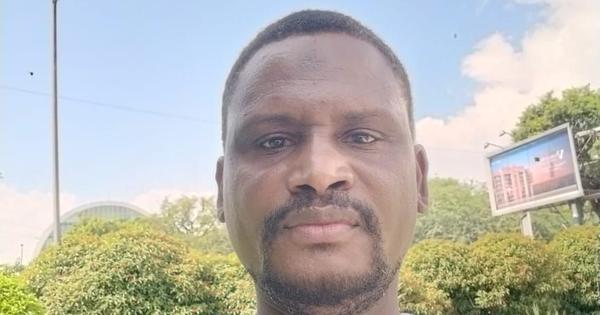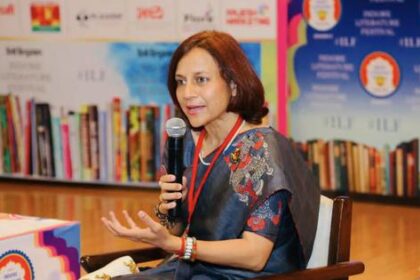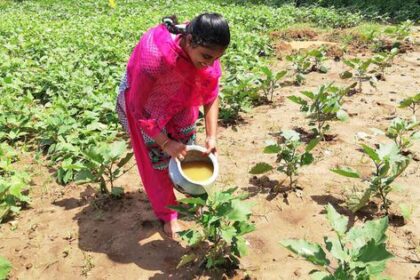Strong concerns raised by human rights activists over the treatment of African refugees in India.
Recent reports indicate that the Delhi Police has arrested nearly 30 African refugees within the past week, subsequently transferring them to a detention centre located in the city. Ankit Chauhan, the deputy commissioner of police in South Delhi, characterized these arrests as part of a “routine exercise” targeting individuals who were allegedly “illegally overstaying their visas and passports.” However, this justification has raised eyebrows among human rights activists, who claim that the police are disproportionately targeting African refugees, similar to previous actions taken against Rohingya refugees in recent months.
Nandita Haksar, a human rights lawyer and author, expressed concern that police operations are particularly focused on the Malviya Nagar area, known for housing a significant number of refugees. According to Chauhan, the documents held by these African refugees, including UNHCR cards, are not recognized by the Foreigners Regional Registration Office, which has led to their arrests. While UNHCR cards serve as identity documents for asylum-seekers, they do not grant the right to remain in India, complicating the situation for those holding them.
India’s lack of a comprehensive legal framework for refugee protection further exacerbates the plight of these individuals. The 2025 Immigration and Foreigners Act criminalizes undocumented refugees and provides authorities with the ability to deny their entry or exit. Although police have not disclosed the specific number of arrests, sources within the Lampur detention centre have confirmed that around 30 African citizens are currently detained there.
Among those arrested is Ahmed Gaber, a 46-year-old Sudanese national who arrived in India in 2022 with his wife for medical treatment. Despite receiving UNHCR cards in June 2024, Gaber was arrested on September 13 while his family members were released under duress. Gaber expressed deep concern for his family’s safety and well-being, particularly given the challenges his diabetic wife faces in managing their infant daughter while he remains detained.
Another detainee, Saleh, a 34-year-old Sudanese citizen, highlighted the abrupt nature of the police operations, recounting how he and his family were taken from their home without warning. He had hoped that obtaining a UNHCR card would ensure his safety, but the reality has proven different. Saleh reported that police have been actively targeting African refugees in Malviya Nagar, often disregarding their documentation.
Abdalmalek Mohamed, also from Sudan, described the overcrowded conditions in the Lampur detention centre, where over 300 inmates from various countries are housed. He noted the poor quality of food and the lack of basic necessities. Mohamed, who has applied for a refugee visa in Australia, fears being sent back to Sudan due to ongoing conflict and health crises.
The situation for African refugees in India has drawn attention from human rights advocates, who emphasize that these individuals often face dual discrimination based on race and religion. Haksar pointed out that the targeting of Muslim refugees, particularly those from conflict-ridden regions such as Sudan and Somalia, could have broader repercussions, potentially affecting the Indian diaspora in African nations.








